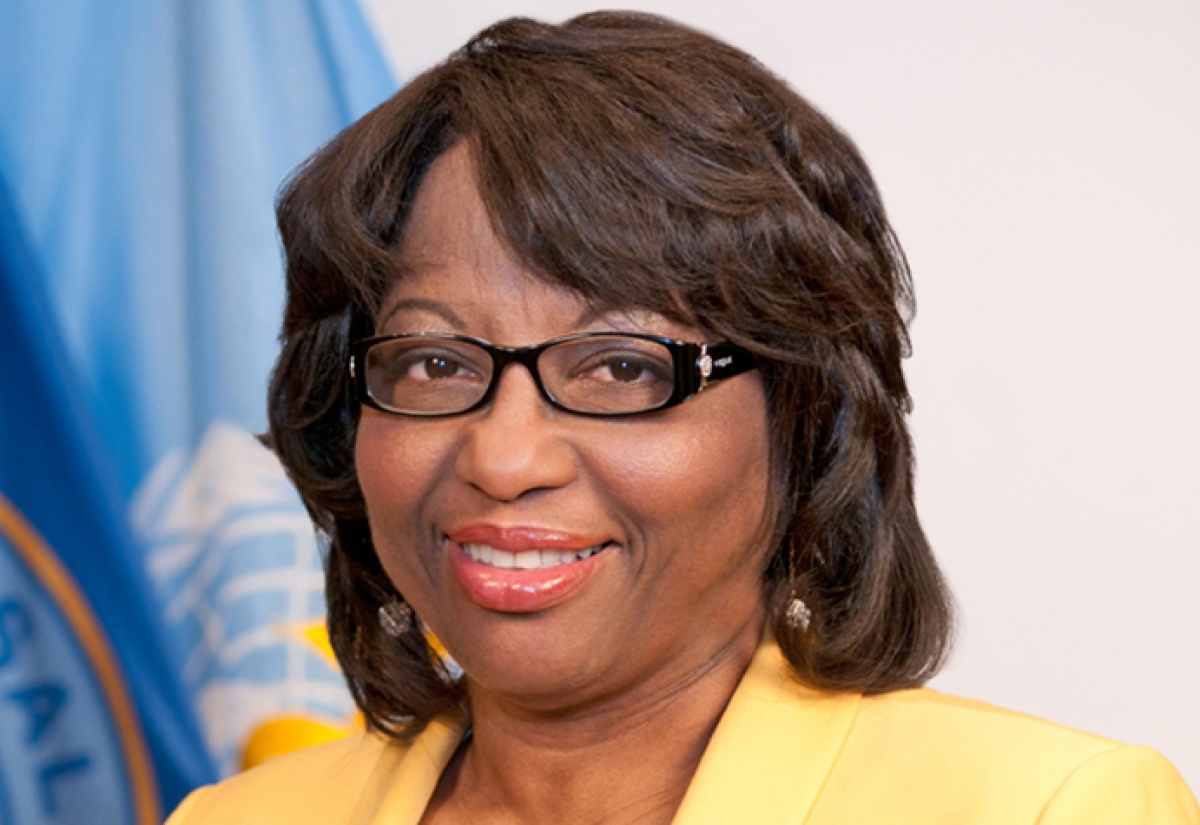Investment Needed In Primary Healthcare
By: , September 10, 2021The Full Story
Pan American Health Organization (PAHO) member countries are being encouraged to increase investments in health systems, particularly at the primary level.
Director, Dr. Carissa Etienne, says countries should consider investing a minimum six per cent of gross domestic product (GDP) in health, with 30 per cent earmarked for the first level of care, incorporating clinics.
Dr. Etienne maintained that this will be crucial in better enabling countries across Latin American and the Caribbean to deal with the onset of potential pandemics, in light of prevailing challenges sparked by the coronavirus (COVID-19).
She was speaking during PAHO’s COVID-19 digital briefing on Wednesday (September 8).
Dr. Etienne said COVID-19 has demonstrated that resilient health systems, based on strong primary healthcare, are indispensable for responding to a pandemic, particularly at the first level.
“Public health systems with strong capacity for surveillance, research, preparedness, detection, and response are essential. We need to build a well-trained workforce, and transform information systems for health,” she added.
Dr. Etienne said another important consideration emerging from the COVID-19 experience is the need to align economic policies with those underpinning public health.
She underscored that this is imperative, “so people can receive social support, and [counter] public health measures [including non-pharmaceutical interventions] can be implemented in real world context”.
Non-pharmaceutical health measures/interventions instituted since the onset of COVID-19 include wearing masks, thorough handwashing and sanitising, avoiding crowds, and physical distancing.
Dr. Etienne pointed out that one important lesson is ensuring that public measures are implemented and maintained.
“Where countries have enforced these measures, case growth has been limited. We need to ensure surveillance, and that that is robust at the local level, so measures can be implemented where they are needed most,” she emphasised.
Against this background, Dr. Etienne maintained: “We will need access to financing resources, to invest in preparedness and to inject in [other areas] immediately, at the onset of a potential pandemic.”
She further pointed out that preparedness, investment, strong health systems, interconnected work beyond the health sector, and coordination between science, policy, economics, and leadership are “the main pillars of any response to a future pandemic”.
More than 84 million people have been infected and two million have died, in 56 countries and territories, since the onset of the COVID-19 pandemic in the region in early 2020.


